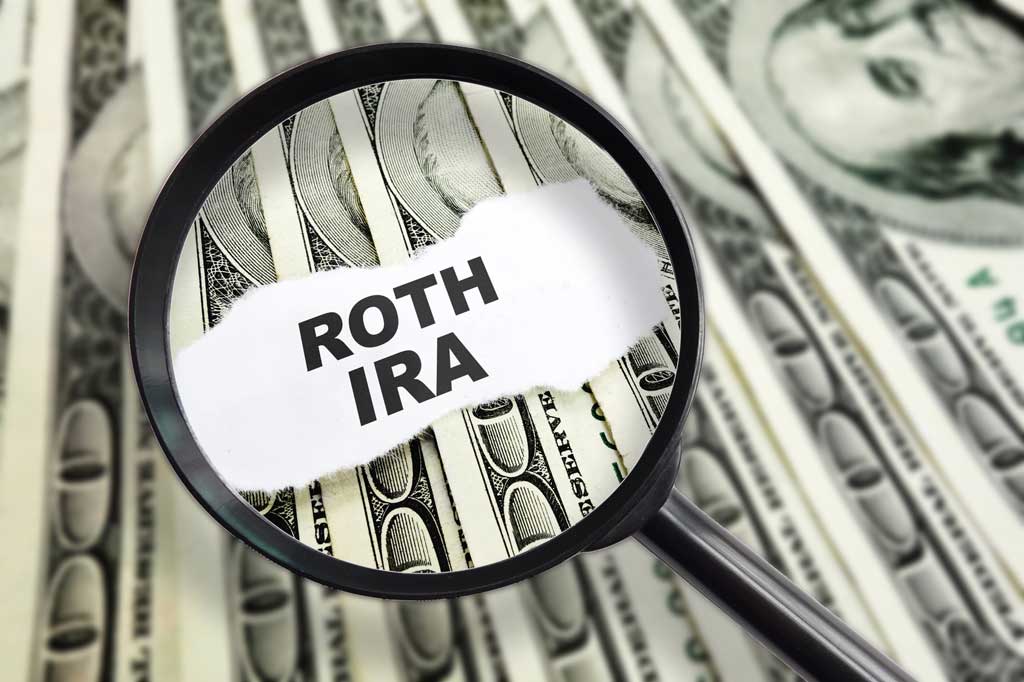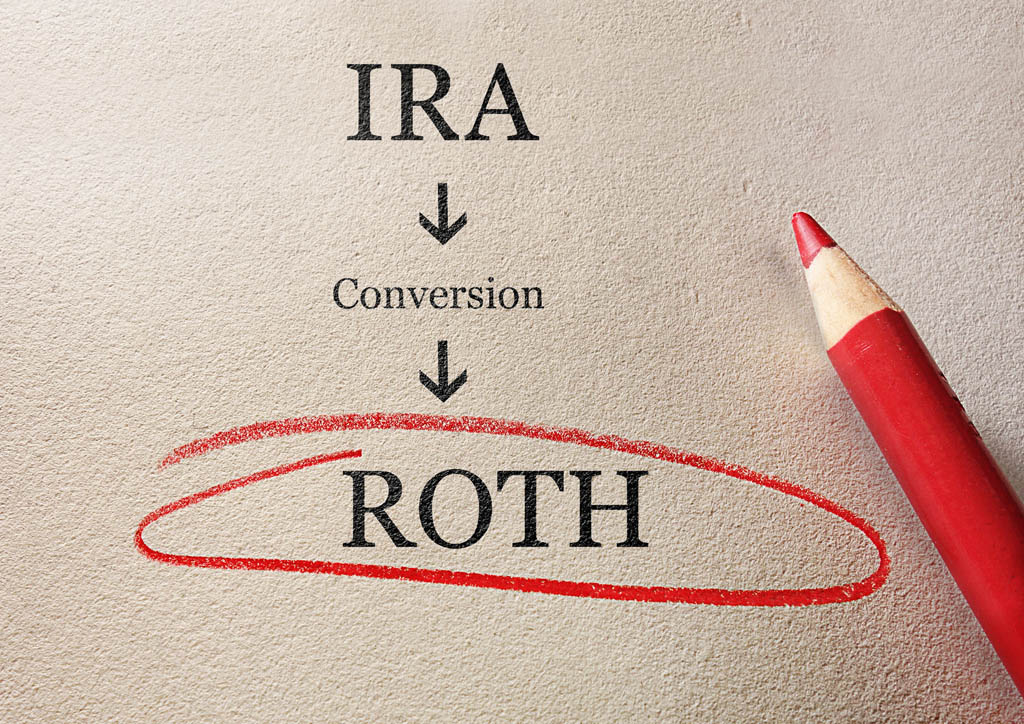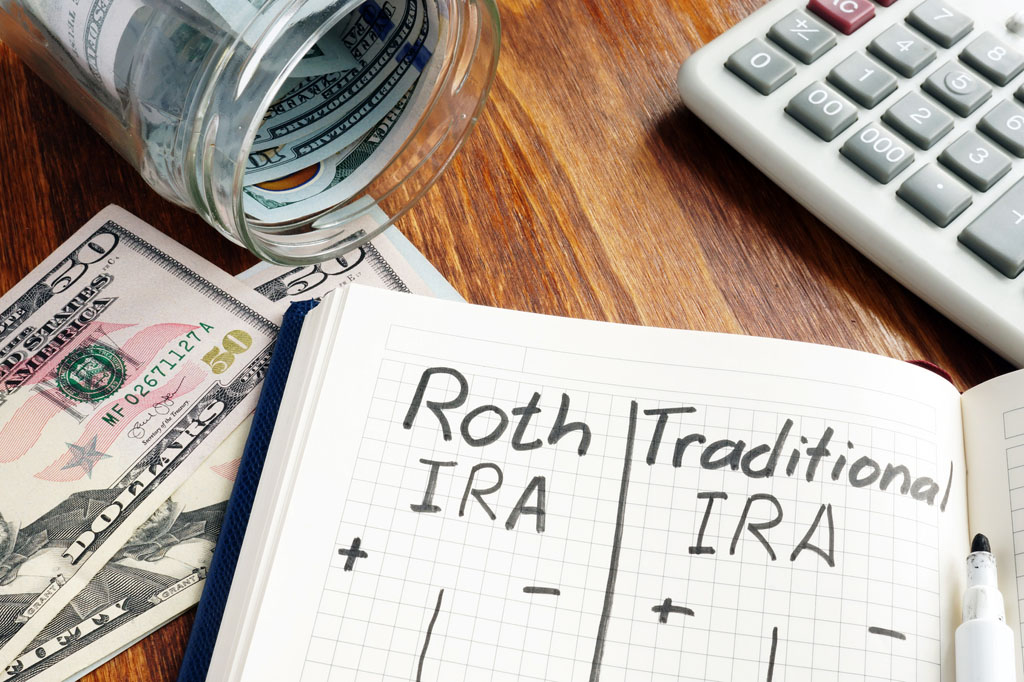Retegy Blog
Take control of your finances with our expert advice and guidance on personal financial planning,
covering everything from budgeting and saving to investing and retirement.
Roth IRA
Build a secure financial future for yourself and your family with our comprehensive resources
on personal financial planning, including tips, tools, and strategies for achieving your financial goals.

Navigating "Five-Year Rules" of Roth Accounts
Ensuring Tax-Free Withdrawals: What You Need to Know About Roth Accounts
Unlock the secrets of Roth IRAs and Roth 401(k)s with our comprehensive guide, exploring the unique tax benefits, crucial five-year rules, and strategic withdrawal practices to maximize your retirement savings and ensure a financially secure future.

New Retirement Contribution Limits for 2023
The Internal Revenue Service has released new retirement contribution limits for the coming year.
After months of high inflation and financial uncertainty, some of these cost-of-living-based adjustments have reached near-record levels. This include changes to IRA, Roth IRA, Workplace and SIMPLE Retirement Accounts, and other changes.

2021 Limits for IRAs, 401(k)s and More
Numbers to know for the new year.
On October 26, the Treasury Department released the 2021 adjusted figures for retirement account savings. Although these adjustments won’t bring any major changes, there are some minor elements to note.

Why Roth IRA Conversions May Now Be Advantageous
Thanks to a couple of factors, some investors are thinking about this move before 2020 ends.
Roth IRAs have attracted retirement savers since their introduction in 1998. They offer the potential for tax-free retirement income, provided Internal Revenue Service rules are followed.

“Backdoor” Roth IRAs
If you make too much money to open a Roth IRA, you could create one this way.
You can sum up the appeal of a Roth IRA in three words: federal tax benefit.

Can You Put Your IRA into a Trust?
What you should know about naming an IRA beneficiary.
Can your IRA be put directly into a trust? In short, no. Individual retirement accounts (IRAs) cannot be put directly into a trust. What you can do, however, is name a trust as the beneficiary of your IRA.

New IRS Contribution Limits for 2020
Changes for 2020.
The I.R.S. just increased the annual contribution limits on IRAs, 401(k)s, and other widely used retirement plan accounts for 2020. Here’s a quick look at the changes.

Roth IRA Conversions
What are your options? What are the benefits?
If you own an Individual Retirement Account (IRA), perhaps you have heard about Roth IRA conversions. Converting your traditional IRA to a Roth IRA can make a lot of sense depending on your situation. But remember, consulting with your financial advisor before making financial decisions is never a bad idea. Ready to learn more? Read on.

Traditional vs. Roth IRAs
Perhaps both traditional and Roth IRAs can play a part in your retirement plans.
IRAs can be an important tool in your retirement savings belt, and whichever you choose to open could have a significant impact on how those accounts might grow.

“Mega Backdoor Roth” – The Definitive Guide
Tax Implications and Benefits of the Mega Backdoor Roth
What is “Mega Backdoor Roth IRA”? It is a financial planning technique that deals with contributing funds to a Roth IRA retirement savings account.

Is Now the Right Time to Go Roth?
Some say yes, pointing to the recent federal tax reforms.
Will federal income tax rates ever be lower than they are right now? Given the outlook for Social Security and Medicare, it is hard to imagine them falling much further. Higher federal income taxes could very well be on the horizon, as the tax cuts set by the 2017 reforms are scheduled to sunset when 2025 ends.

4 Things to Know About Backdoor Roth IRA Conversions
Backdoor Roth conversion may not be the best strategy to use in all situations.
A backdoor Roth IRA conversion is a way of funding a Roth IRA account with a traditional IRA conversion instead of a direct contribution.

Roth Conversions Must Now Be Used Wisely
Roth conversions are still allowed, but under the new law, they are irrevocable.
A Roth IRA is a type of retirement account that allows the owner to contribute after-tax dollars and enjoy tax-deferred growth and tax-free distributions in retirement. The tax-deferred growth experienced in a Roth IRA allows funds to compound faster because the total amount is not affected by taxes. A Roth IRA is a great way to save for retirement and protect your retirement funds from the uncertainty of future tax law changes.